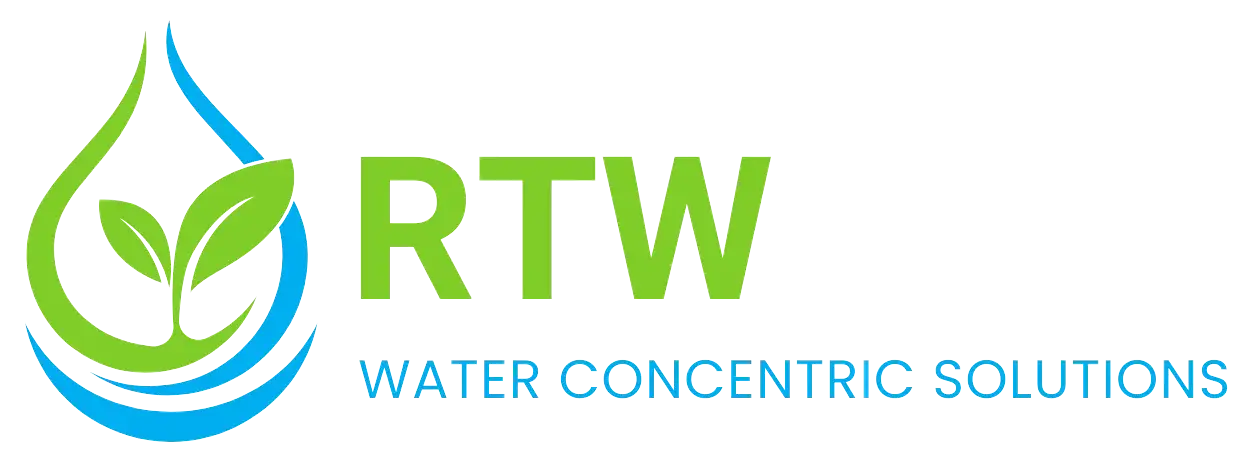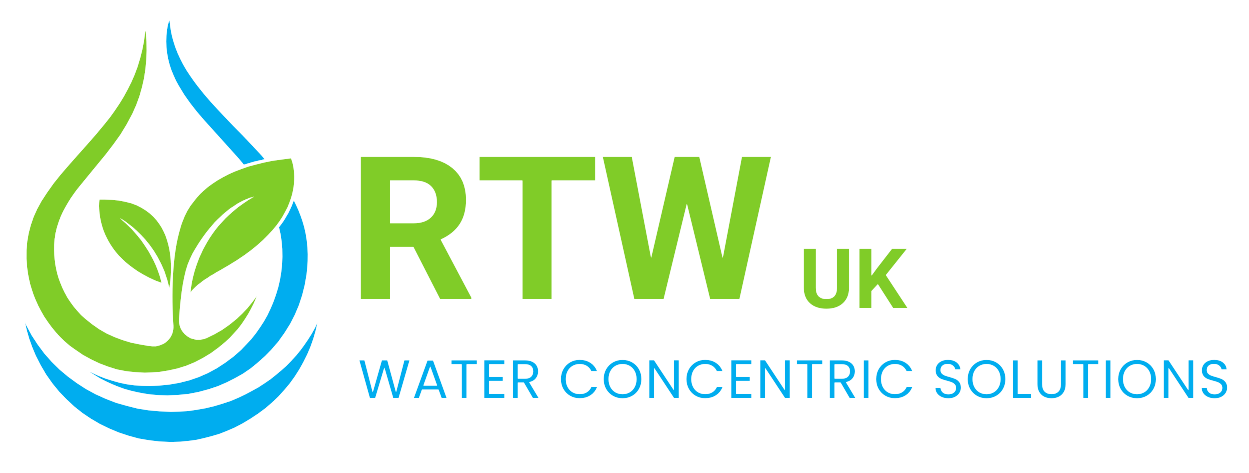Reverse Osmosis System
- Reverse Osmosis System
Reverse Osmosis Systems for Industrial and Municipal Applications
A reverse osmosis system is one of the most reliable methods for producing high-quality water in industrial and commercial as well as municipal operations across the Middle East. Applying pressure-driven membrane filtration ensures RO units remove salts and dissolved contaminants. This ensures a consistent supply of purified water. RTW delivers engineered systems that meet diverse requirements for efficiency and compliance for sustainable water use.

Operating Principle of Reverse Osmosis
RO relies on a semi-permeable membrane that separates clean water molecules from salts and impurities. Under pressure, feedwater is driven across the membrane surface. The result is two distinct streams, which are permeate (purified water) and brine (concentrated reject).
Stepwise Process
Pre-Treatment
Removal of suspended solids and scaling agents to safeguard membrane integrity.
Pressurization
Feedwater is pressurized above osmotic pressure, and it enables flow through the membrane.
Separation
Dissolved salts, metals, and other contaminants are rejected to produce high-purity permeate.
Post-Treatment
Conditioned water is finalized based on the intended industrial or municipal application.
Advantages of RO Technology
High Removal Capacity
Eliminates up to 99.8% of salts, metals, microbes, and organic impurities.
Scalable Configurations
From small reverse osmosis system units to large-scale municipal plants.
Operational Efficiency
Integrated energy recovery devices minimize power demand.
Modular Build
Easy to expand or adjust capacity as demand increases.
Supports Reuse
Recycles treated wastewater for industrial process water to reduce freshwater intake.
Applications Across Sectors
Desalination
Converts seawater and brackish sources into potable water.
Industrial Process Water
Supplies ultrapure water for electronics, power generation, and pharmaceuticals.
Wastewater Recycling
Enables treated effluent reuse in textiles, food processing, and manufacturing.
Boiler Feed Water
Provides low-conductivity water to minimize scaling and corrosion.
Food and Beverage
Ensures clean and compliant water for production.
Zero Liquid Discharge (ZLD)
Functions as a critical stage in ZLD operations.

